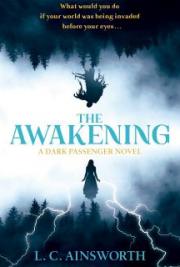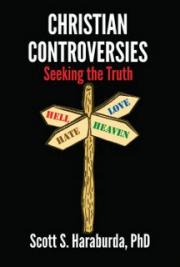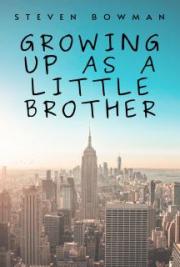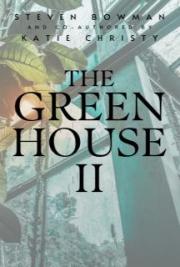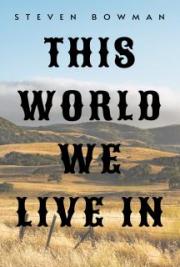Millions of readers now scroll through eBooks, PDFs, or lengthy articles on screens instead of turning pages of a printed book. It’s quick, easy, and frequently free. However, there is a hidden cost to this convenience: your privacy.
Websites, apps, and digital reading platforms aren’t merely sharing free content out of altruism. The majority gather information about what you read, how long you read it, where you pause, what you highlight, and even what you skip. Although this data is frequently tracked or monetized for marketing, it may also be utilized to enhance your user experience.
If you access reading platforms while traveling or when you are connected from a restricted regions, many users want to choose to get a USA VPN to unlock region-specific libraries or shield their digital activities from prying eyes.
Reading in the Age of Surveillance
Every click, swipe, and scroll leaves a trail. While most readers are focused on the content, data brokers and advertising platforms are focused on the behavior. Which genres are trending? Which articles are abandoned halfway? Which authors generate the most engagement?
This creates detailed user profiles that cover more ground than just the books you like to read. They reflect your interests, political beliefs, mental processes, and emotional states. It makes sense to think that your reading preferences might disclose as much information as your search history.
The way digital media affects our reading behaviors shows a paradox. On one hand, digital tools make reading more accessible than ever before. On the other, they fragment attention, encourage skimming, and expose users to algorithms that track everything.
Free eBooks Are Never Really Free
It makes sense that free eBooks, PDFs, and online journals would be appealing. Websites such as free-ebooks.net provide an apparently limitless collection of information. However, those who register for these platforms more frequently divulge private information, including demographics, reading preferences, and email addresses.
These platforms set up cookies that follow a user around the whole internet even after they leave the site. Others collaborate with outside data brokers or advertisers. Even when this degree of surveillance is made explicit, many users choose to ignore the fine print in privacy policies.
Paying for books and articles from reliable sources that don’t exchange user data is definitely an alternative. Better privacy is provided by subscription-based services with explicit no-tracking policies, but the cost is higher.
Libraries in the Digital Era
Public libraries have also joined the digital age. Many offer free access to eBooks and audiobooks via apps like Libby or OverDrive. These services are tied to user library cards and track which titles are borrowed.
So yes, these platforms are generally more privacy-conscious than for-profit services, they still rely on digital infrastructure that may collect data about reading habits. Additionally, as libraries move to online resources, the loss of physical anonymity becomes a crucial concern. The digital materials you download are tracked by the library, but no one keeps track of the shelves you visit.
Educating the Reader: Awareness and Action
There is still hope for reading privacy. Awareness is the first step. It should be clear to readers what information is gathered, how it is used, and their options.
Users must routinely clear their browsing history, avoid social sign-ins whenever possible, and audit app permissions. Choosing DRM-free books and open-source reading apps can help cut down on surveillance even more.
More ethical data practices in the publishing and content industries are also being pushed by an expanding community of digital rights activists. Their message is very clear: what you choose to read should be kept private because your mind is your private space.
The Psychological Impact of Being Watched
Knowing that every reading habit is tracked may subtly influence what people choose to read. This is similar to how people on social media censor their own posts based on how they think others will react. People might stay away from politically charged books or articles about mental health because they are afraid of being judged or punished online.
The anxiety of being watched all the time can change how people read in small but important ways. This is especially true in places where the government censors speech, limits freedom of speech, or has strict control over what people can say.
To ease these worries, many digital reading platforms need to have clear privacy settings and real incognito modes that default to minimal tracking, not the other way around.
Emerging academic research on reading habits in the digital age highlights a wider cultural shift. There is a decrease in long-form reading. Multitasking, scanning, and skimming have become commonplace. This decreases understanding and retention even though it shows efficiency.
Final Thoughts
Digital reading has is limitations, just like a lot of other digital serives. People who read a lot online, especially on free platforms, should be aware that their reading habits could be monitored all the time.
To protect your privacy while enjoying the wealth of knowledge online, readers should make conscious decisions about where and how they read. Awareness, tools like VPNs and secure apps, and thoughtful digital hygiene can go a long way.
Because reading should enlighten you, not expose you.


